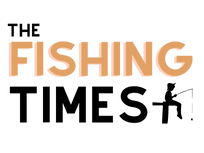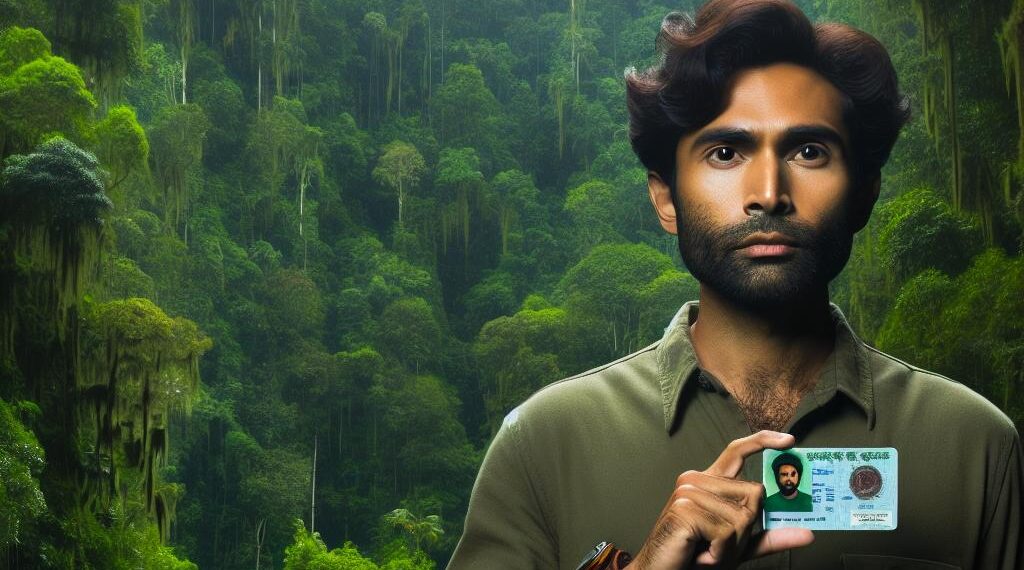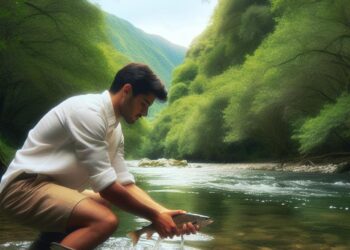Imagine standing by a glistening lake, rod in hand, with the promise of a perfect catch. But did you know that every angler’s paradise relies on a little-known hero—fishing licenses? Yes, these permits do much more than just grant access to your favourite spots. They play a crucial role in protecting wildlife and conserving aquatic habitats. Whether you’re new to fishing or a seasoned pro, understanding how fishing licenses contribute to sustainable ecosystems can enhance your angling adventures. In this blog, we’ll explore the importance of these permits and how they ensure better fishing experiences for everyone.
How Do Fishing Licenses Safeguard Wildlife?
Fishing licenses are permits that allow individuals to fish in specific areas, and they play a critical role in wildlife protection. Originating as a means to regulate the number of fish caught, these licenses help fund conservation efforts, ensuring the delicate balance of aquatic ecosystems. They are worth knowing because they support habitat preservation, endangered species management, and anti-poaching efforts. When anglers purchase licenses, they contribute to a sustainable future for fishing and wildlife. For those passionate about fishing, understanding licenses enhances your experience by giving you the chance to enjoy this hobby while actively participating in conservation efforts. It’s a win-win for both anglers and the environment.Fishing Licenses and Wildlife Conservation Connection
When you’re eager to cast your line on a quiet Sunday morning, the last thing you might think of is how fishing licenses play a part in your weekend hobby. But, they’re pretty important. Here’s why they matter:- Conservation Funding: Every pound spent on a fishing license goes towards wildlife conservation. It’s like you’re investing in cleaner rivers and healthier fish populations, so there’s more to catch today and in the future.
- Protecting Ecosystems: By regulating who can fish and where, licenses help control fish population sizes. This way, you’re not just fishing, you’re participating in keeping the ecosystem balanced.
- Responsible Angling: Knowing how licenses protect wildlife builds responsible fishing habits. It adds to your skill set, informing how and where you choose to fish.
- Legal Assurance: With a valid license, you’re following the rules. You can focus on enjoying the experience without worrying about fines or legal issues.
- Community Support: Being part of a regulated angler community means you get access to collective knowledge, helping everyone improve and maintain quality fishing spots.
Guidelines for Using Fishing Licenses to Protect Wildlife Effectively
Firstly, always check the specific license requirements for your fishing location. These requirements vary from one area to another, and having the correct license helps support local wildlife conservation.Secondly, allocate time to understand the fees collected via licenses. These funds directly contribute to habitat restoration and fish stocking programs, ensuring healthy wildlife ecosystems. Knowing where the money goes can build your appreciation for the process.
Next, remember to watch out for expiration dates. A common mistake is overlooking the expiration, leading to unintentional fishing without a valid license. Mark the date on your calendar or set a reminder on your phone to renew it timely.
Finally, educate yourself about the species protected under license regulations. This knowledge will aid in responsible fishing practices, avoiding penalties and promoting conservation efforts. Always follow catch limits and size restrictions as they help maintain balanced fish populations.
Reliable Gear for Wildlife-Friendly Fishing
| Location | Relevance to Wildlife Protection | Angler Skill Level | Budget Consideration |
|---|---|---|---|
| River Wye | Provides a habitat for salmon, benefiting from conservation funding via licenses. | Beginner to Intermediate | Moderate – Accessible from several towns without additional travel expenses. |
| Lake District | Home to diverse fish species, protected through regulated angling activities. | Intermediate to Advanced | Variable – Some remote areas may have higher access costs. |
| Norfolk Broads | Fishing licenses support efforts in maintaining natural habitats and water quality. | Beginner | Economical – Plenty of low-cost access points and fishing spots. |
| Loch Lomond | Helps fund wildlife monitoring programs to protect rare species. | Advanced | Moderate to High – Equipment for larger species might increase budget. |
Protecting Wildlife: Real Impact of Fishing Licenses
I once met Thomas, an avid angler from Yorkshire, who shared a story about his encounter with a local wildlife officer. On a routine fishing trip, Thomas was asked to present his fishing license. The officer took a moment to explain how the fees collected from these licenses are used to support conservation efforts. Thomas learned that these funds help maintain fish habitats, restock lakes, and contribute to research essential for sustainable fishing. This newfound knowledge sparked a change in Thomas. He became more conscious of his role in wildlife conservation. Motivated by what he learned, Thomas joined a community group dedicated to habitat restoration projects. His involvement in these activities not only enhanced his love for fishing but also deepened his understanding of the ecosystem’s balance. Thomas discovered that by respecting fishing regulations and ensuring he had a valid license, he was contributing to the protection of the environment he cherished. This experience taught him that fishing licenses are more than just permits; they’re crucial tools for safeguarding the future of our wildlife and ecosystems.Fishing Licenses: Vital for Wildlife Conservation
- Fishing licenses generate funds that directly support conservation programmes, helping to maintain fish populations and their habitats. By purchasing a license, anglers contribute to the long-term health of ecosystems.
- Licenses help ensure fishing regulations are followed, such as catch limits and seasonal closures, to prevent overfishing and allow fish populations to replenish.
- Choosing eco-friendly tackle and gear, like biodegradable fishing lines and barbless hooks, reduces the environmental impact and lessens harm to fish not intended to be caught.
- Practising catch and release properly, by using wet hands to handle fish and swiftly returning them to water, minimises stress and increases their survival rate.
- Avoiding sensitive areas, such as spawning grounds, during certain times of year helps to conserve fish stocks and allows for healthy reproduction cycles.
- Engaging in regular clean-up activities at favourite fishing spots promotes a cleaner environment and inspires others to do the same, benefiting wildlife and human enjoyment alike.








